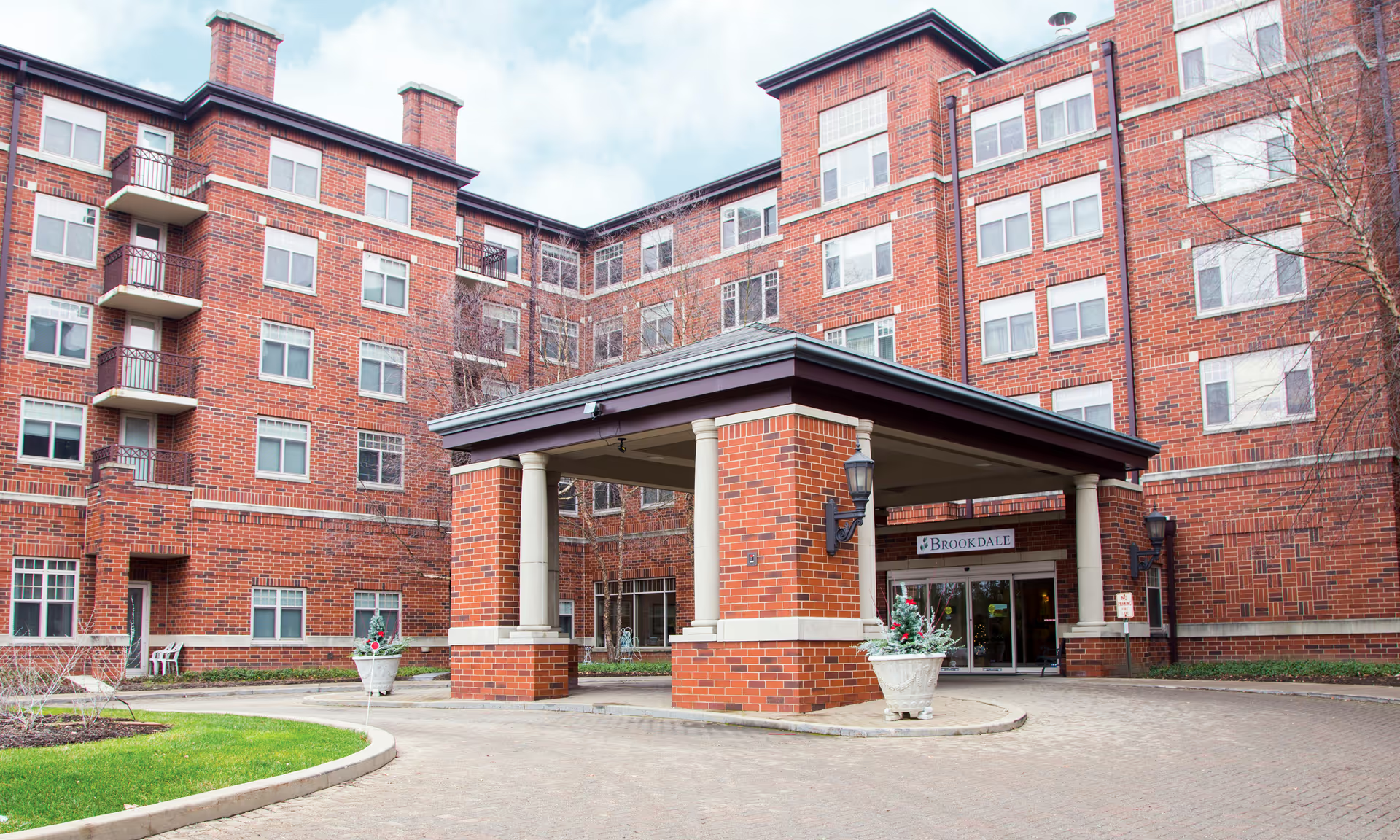Overall sentiment across the reviews for WoodHaven Nursing Center is mixed, with clear and repeated praise for therapy, some staff members, rooms and facility amenities, alongside serious and recurring concerns about inconsistent care, staff availability and safety. Many reviewers highlight strong aspects of the facility: a clean and well-kept appearance in multiple accounts, private and bright rooms, pleasant common spaces (indoor courtyard, outdoor area, lounge and all-purpose room) and a therapy program that is effective for short-term rehabilitation. Several families and residents specifically called out helpful social workers, smooth admissions, good food and staff who are responsive, compassionate and go above and beyond. For people seeking goal-oriented rehab to return home, WoodHaven is repeatedly described as a good option with attentive therapy and nursing teams on some shifts.
However, the positive accounts sit alongside significant negative reports that cannot be ignored. Multiple reviews describe staffing problems — unmanned nurses’ stations, staff standing idle or otherwise unavailable — and instances of neglect that include lack of bathing, inadequate feeding assistance, residents left exposed without blankets or with diapers visible, and delayed responses that led to emergency calls and hospital transport. There are also allegations of overmedication and sedation, derogatory or harsh staff behavior, and a prison-like atmosphere cited by some reviewers. These are not isolated minor complaints: reviewers report outcomes as serious as weight loss, hospital ICU stays and at least one death, and a COVID outbreak was noted. The pattern suggests inconsistent clinical oversight and variability of care quality across shifts or units.
The facility itself receives mixed descriptions. Many reviewers praise clean, attractive common areas and well-appointed private rooms — one reviewer compared a room favorably to high-end accommodations — and several say residents appear happy and engaged. Conversely, other reviewers report foul smells, unsanitary bathroom conditions, and maintenance delays (for example, lights out for days). There is also a recurring theme that the Alzheimer’s/dementia care environment may not be appropriate for some patients: limited TV access in that unit, reduced activities in certain cases, and specific safety concerns raised by families. This suggests that while some parts of the building and some types of care (particularly short-term rehab) function well, long-term memory care or residents with higher supervision needs may experience worse outcomes.
Communication and management are another mixed area. Multiple reviewers praise particular social workers and nursing staff for being helpful and responsive, but an equal number report poor communication, delayed follow-up, and a director or social worker they found unsupportive. Some reviewers described notable improvements after management or rehab manager involvement, indicating that leadership intervention can positively influence care quality. Still, the inconsistency — with reports of attentive, compassionate staff on some occasions and neglectful or abusive behavior on others — is a dominant theme.
In summary, WoodHaven Nursing Center appears to provide high-quality therapy and attractive accommodations for many short-term rehab residents, supported by dedicated staff in several cases. At the same time, there are multiple, serious concerns about staffing reliability, personal care lapses, overmedication, poor communication, and safety incidents affecting more vulnerable residents, including those with dementia. Prospective residents and families should weigh the facility’s strong rehabilitation capabilities and some excellent staff members against the risk of variable care quality; if considering WoodHaven, ask specific questions about unit staffing levels, dementia services, incident protocols, recent infection control history, and how management addresses reported problems. If a loved one requires high levels of supervision or dementia-specific care, these reviews suggest proceeding with caution and conducting an in-person evaluation focused on the particular unit and shift that will provide care.







